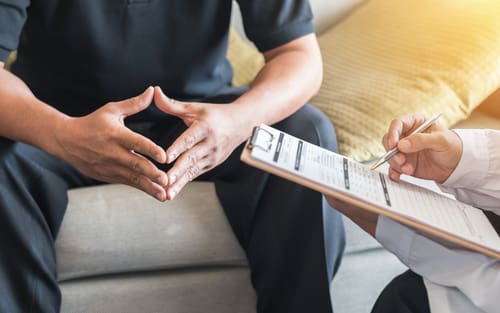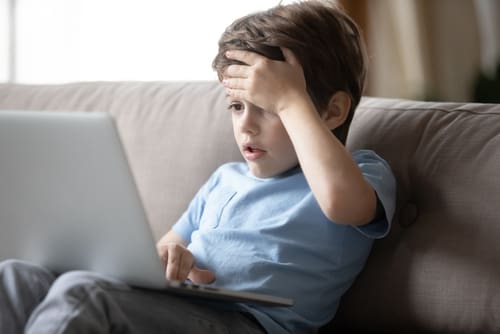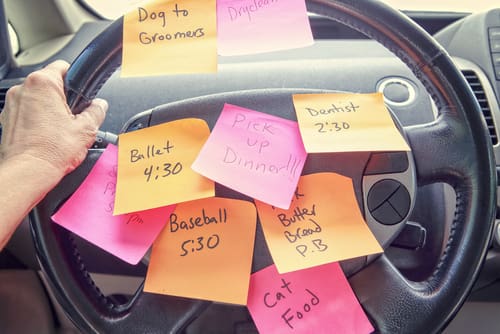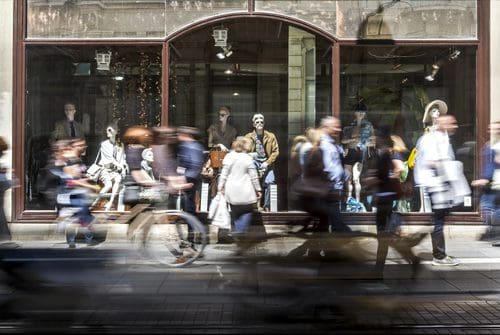
Telehealth therapy has become the present and future way of conducting therapy sessions ever since the pandemic took hold in March 2020. As a new clinician at that time, I had set up my office and was building my practice in the very way I was trained to do throughout attending school — in-person sessions in a small, containing office where my patients could be with me. I was only 4 months into practicing this traditional way, when a world-wide pandemic came along and shut down society as we knew it.
Although people still needed mental health services, there was then no opportunity to meet in- person. Luckily, we live in a day and age where technology does not hold such boundaries and allowed, through many different on-line video platforms, ways to connect therapists to their patients in real time, on-line, on a regular basis. Although there was resistance in the therapy industry, given how highly valued in-person work has always been, everybody moved to this way of working therapeutically — from the analysts to the behavioral therapists. Everyone went on-line to conduct their sessions.
Now that we can (mostly) say that the pandemic is behind us, mask mandates are still in effect for health-care providers, including mental health therapists. That means that we can meet you in our office, but we still have to have face coverings on — hiding most of the face. Given this constraint and the value I place on seeing my patients’ faces and having them see mine, I have become a full-time telehealth therapist only offering services via video or phone.
Even as I have committed to telehealth counseling, I have also expanded who I serve across America, including New Jersey (where I am based these days), Washington, and Maryland. Being able to serve all people throughout these states also underlies my value of equity of care to all people, not just those living in the city that I reside in. Telehealth has allowed for people to access care from wherever they are and this is one of the values I hold for myself and my practice.
As I have been practicing for almost three years as a telehealth therapist, I also appreciate the convenience it has on my patients’ lives. By and large, people enter into session in a space that they hold a degree of comfort in, have not had to deal with a harried, resource-driven commute to see me, and can seamlessly integrate care of their mental health into their daily life. It is a factor that allows for ease in attending regular weekly sessions with me.
Finally, for me, I have the opportunity to see the expressions on patients’ faces and for them to see my face. Although I am not in the actual room and cannot take in the entirety of a person, I can take in what is being communicated via one’s eyes, in how they are holding their face and reacting to what is going on in the space between us, and I can hear the affect and emotion as tone of voice and facial expressions emerge to tell me something more than the words being spoken. To see another’s face is paramount for me to feel connected to my patients.
If you are curious about the ins and outs of how telehealth therapy works, it’s actually quite simple — a link is sent to you that is HIPAA compliant and you click on it and we are in session together. Pets are welcome too! If you want more details, you can always reach out to me if you are in New Jersey, Washington, or Maryland to learn more.
It’s a new year and my therapy practice is in the new of being fully telehealth — first it happened due to the pandemic and, today, continues due to the legacy of mask mandates still in place. For me, it allows me to serve more people equitably and, at the core, this is what I value most of all.









